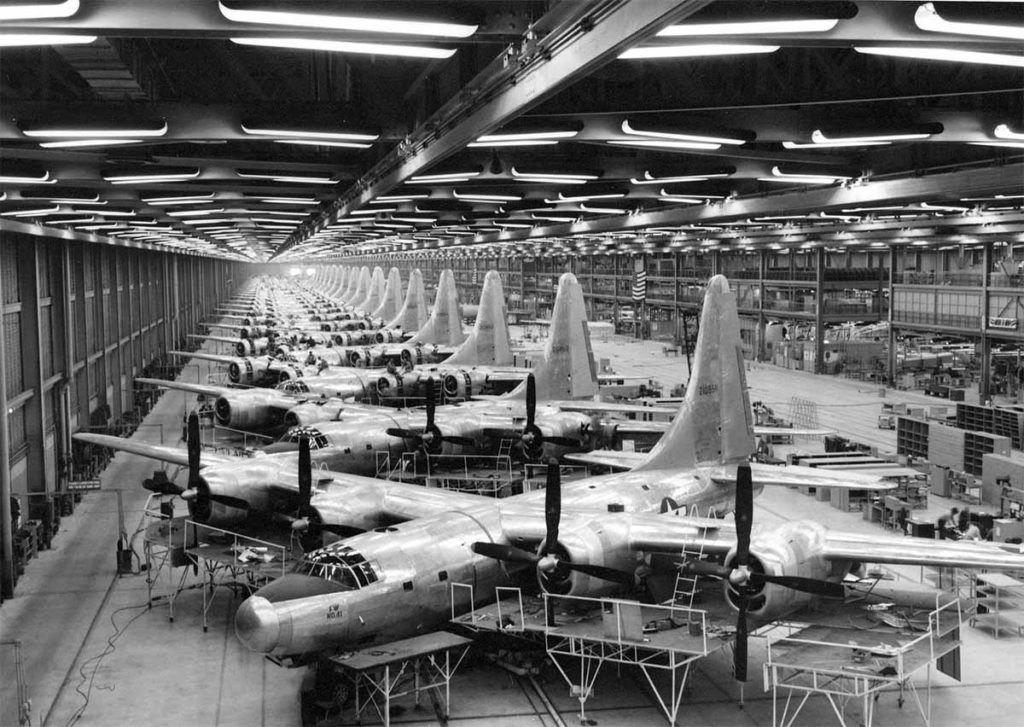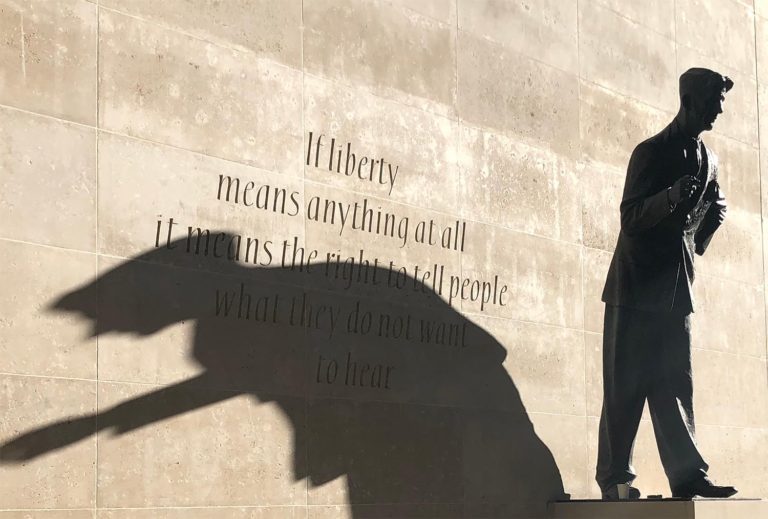I know that the conventional wisdom says that the War ended the Depression, but there are some serious problems with this line of thinking. War is destructive, not productive. War involves much more centralization—demanded in order to centrally plan a war economy. Central planning in turn virtually always mis-allocates resources, skewing the market and sending false signals to investors and entrepreneurs alike (to say nothing of the extreme waste). Meanwhile, hundreds of thousands of Americans died as a critical component of this war economy—not exactly a ringing endorsement of recovery. Arguing that WWII ended the Depression is like wishing that an alien attack, plague, or massive earthquake might occur in order to end a recession.
Reported numbers get all skewed during war; anyone who’s looked at what government pays contractors knows this; war-time price controls additionally played havoc on statistics since they hid the true costs of the war. Conscription gave a false impression of the employment scenario, and all those war jobs actually diverted workers by the millions from other, more productive sectors; instead of making goods the market would naturally call for, they were making limited-use tanks at exorbitant prices (and that’s another thing: the war meant the mass production of items that have virtually no use outside of a major conflict). Think about the incredible re-allocation: people went without basic consumption goods throughout the war for a tank that would end up burned out on some French highway or a warship that would end up on the bottom of the ocean—or decommissioned and mothballed.
If WWII was so good for the economy, why don’t we launch major wars all the time as an economic boost? The answer: war is a drain on a country’s finances, terrible for the free market and investment, and deadly for the human element of the economy.
Most people don’t think about what they can’t see. Sure, during WWII jobs numbers go way up, but (1) they are all temporary—i.e. it’s not sustainable, (2) many are paid for by forced expropriations from the people—a.k.a. taxes, (3) what they are producing isn’t driven by the market but by the government—meaning all of those resources, which would have been used in other ways, are all being wastefully diverted, and (4) the military drafted almost 12 million men, whereas before the war unemployment had been around 5 million; skewed numbers much? And for every temporary government job “created,” several private sector jobs are destroyed.
Unfortunately, many fail to see this. They see jobs numbers. They see production and supposed GDP. The truth is that the private sector during the war (as during most major wars) was picked clean and lived lean during the war years. It wasn’t until after the war that the economy actually (and not artificially) improved.
Google the “broken window fallacy.”
As always, this is my two cents—but I’m a champion for honest conversation and civil dialogue, so tell me what you think right here!




